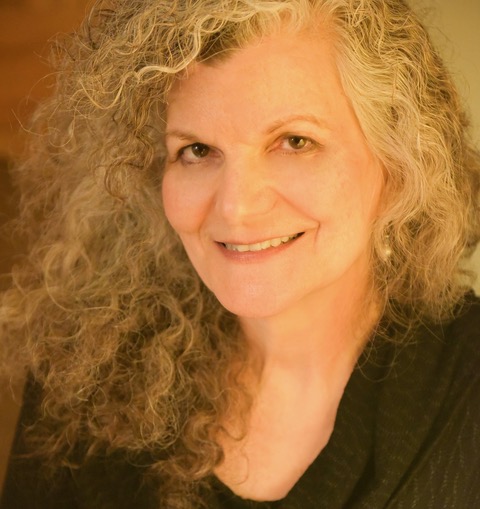What happens to super smart, sensitive, curious, empathetic, talkative, emotional little boys when they become men? Where does all of that emotion go? All of that empathy? All of that energetic curiosity?
How do gifted, empathetic men thrive in a world that doesn’t understand or appreciate their sensitive natures? How do you cope in a world where masculinity is often defined as power and control? Where the only allowable emotion for men is anger?
What do you do with all of that sensitivity? All of that empathy? All of that awareness?
How do you handle your grief? Your love of art or poetry or pink? Your despair over the violence you see in the world? Your tears? Your fears about the future? Your needs for friendship and belonging?
It’s hard for many men to fit into the rigid, narrow view of masculinity. But for gifted, sensitive men, it’s even more complicated.
I wonder if you were a little tyke who had intense meltdowns. Maybe you expressed your fears and your joys with gusto. You didn’t know about The Boy Code yet. And because you were smart, adults expected you to be more logical and less emotional. Your expressiveness looked like immaturity to them. How can my 7-year-old who plays chess and beats his uncle every time, be so immature? But what if you were born with an unusual capacity to feel deeply? What if your sensitivity is just as large as your intellect? What if you seemed younger than your age peers because you purposely wanted to avoid the weight and hypocrisy of adulthood?
Then, there was school. You may have been bullied because you were eager to learn. At recess you preferred examining grasshoppers to throwing balls. Maybe you felt more comfortable with girls.
And now, there are the expectations. Oh, yes. If you’re so smart, then, you’re supposed to be able to do anything. Be a high achiever. Make lots of money. Be a good provider. Be tough and man up. But what if the pressure leaves you paralyzed? What if you feel like a failure each time someone close to you is disappointed? What if you’re looking successful but dying inside? What if you were criticized by a father who was full of shame over his own vulnerability? What if you feel responsible for living up to some potential that you can’t find and don’t believe you ever had?
What, then, can you do?
Redefine masculinity. Use that creative brain of yours to design a new model. One where sensitivity, tenderness, and wonder are signs of strength and achievement. Because they are.
Recognize that because you have a gifted, rainforest mind, your mind-heart-spirit is intense, complex, intuitive, and creative. You’re hardwired to be extra sensitive and soft-hearted. Blame your operating system.
Read about giftedness (Jacobsen and Prober) and recognize that they are describing you.
Write the book on gifted men.
Allow yourself to get support, help, and guidance. Don’t think that you have to tough it out alone. Help comes in many forms: counseling, 12-step groups, spiritual practices, music, acupuncture, yoga, massage, Argentine tango, book groups, camping, poetry, hiking, meditation, star-gazing, physical activity, art. It’s a sign of strength to ask for help.
With a counselor or in a journal or both, meet with your sweet, enthusiastic, curious little tyke self. Listen to him. Hold him close. Let him cry. Tell him he’s perfect the way he is.
_______________________________
Originally published at rainforestmind.wordpress.com


